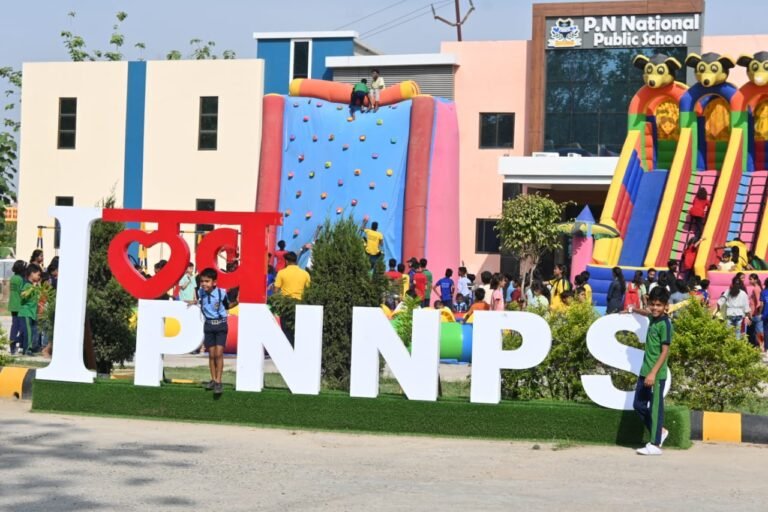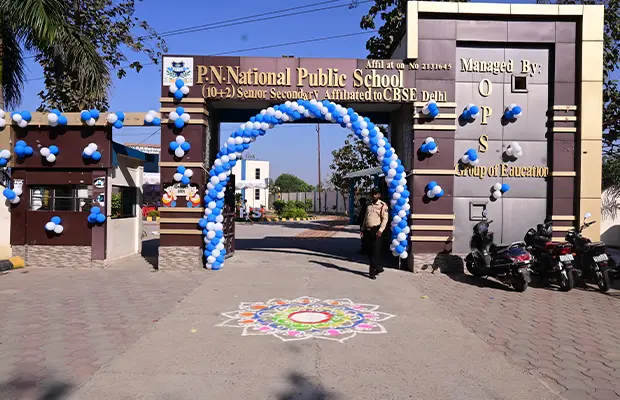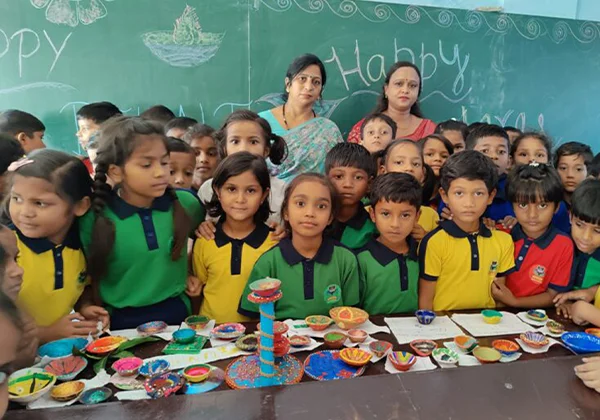
Choosing between CBSE and State Board for your child’s education is like standing at a crossroads. Each path has its own features and impacts your child’s learning journey. When choosing the best education board for your child, parents frequently find themselves difficult situation between the Central Board of Secondary Education (CBSE) and the State Board choice. Every board has specific benefits, features, and things to keep in mind. With the goal of empowering parents to make an informed choice based on their child’s needs and goals, we shall analyse the CBSE vs. State Board differences in this blog.
1. Curriculum Structure:
CBSE : In order to maintain uniformity throughout the nation, the Central Board of Secondary Education adheres to a nationally developed curriculum. Experts in the field create the curricula, which are designed to offer a uniform and thorough education. The goal of this uniformity is to make it easier for students to transfer between states without having their academic progress significantly disrupted.
State Board: State Boards possess the adaptability to customize their curricula to conform to local educational regulations and standards. As a result, curricula, subject selections, and teaching styles frequently differ throughout states. In order to represent the diversity of India, State Boards may place a greater emphasis on regional history, culture, and languages.
2. Examination System:
CBSE: CBSE administers centralized board examinations to students in Classes 10 and 12. Because these tests are the same all around the nation, the evaluation procedure is standardized. A thorough and ongoing evaluation system, comprising of periodic exams and internal assessments conducted during the academic year, is highly valued by the board.
State Board: For Classes 10 and 12, State Boards normally administer their own set of board exams. States may have quite different exam formats, question types, and assessment techniques. While some states use an annual exam style, others may have an evaluation system that is semester-based.
3. Recognition and Global Exposure:
CBSE: The majority of Indian institutions and universities acknowledge CBSE, which has broad national acceptance. The test structure and curriculum of the board are standardized, which makes it easier for pupils who are moving throughout the nation to adjust. Furthermore, CBSE is acknowledged globally, which facilitates students who choose to pursue higher education elsewhere.
State Board: States may not recognize State Board education in the same way, and there may be extra requirements before it may be accepted to schools and universities outside of the state of residence. Certain state boards are highly respected in their respective areas and have built a solid reputation for academic rigor.
4. Emphasis on Local Language and Customs:
CBSE Board : The Hindi and other regional languages are offered as options, but English is the primary language of instruction promoted by the CBSE curriculum. It may place less of an emphasis on regional language and culture than State Boards, although striving for a fair and inclusive approach.
State Board: State Boards frequently give the local language, culture, and history more weight. pupils who prefer learning in their mother tongue may find State Board education more appealing because of the potential for this to foster an atmosphere where pupils feel more rooted in their heritage.
5. Subject and Syllabus Flexibility:
CBSE: The CBSE offers a structured curriculum with little room for subject choice, particularly in upper secondary education. To ensure a comprehensive educational experience, a balanced combination of core studies and extracurricular activities is prioritized.
State Board: State Boards usually provide students more leeway in selecting courses, enabling them to customize their education according to personal interests and professional goals. For those who are certain of their desired academic or career route, this flexibility may be helpful.
Conclusion :
In conclusion, a student’s academic objectives, language preferences, and the possibility of relocation all play a role in the decision between a State Board education and a CBSE education. It eventually boils down to matching the educational technique with the specific requirements and goals of the student. Both systems offer advantages and is advised that before making a decision will have a big influence on the educational path, parents and students do extensive study and take these considerations into account. The Best CBSE School in Gorakhpur – P.N National Public School gives students a great learning environment. It’s important to pick a school that supports both your family’s values and your child’s educational needs.
To know more about the admission information, please contact us from the below link:



